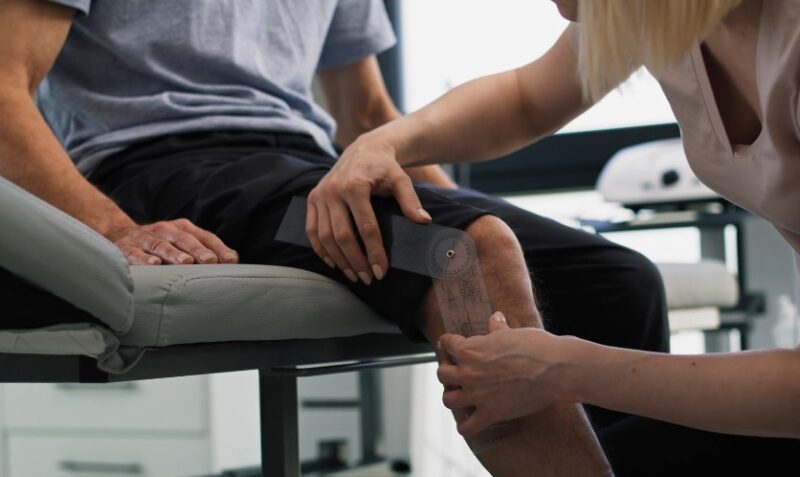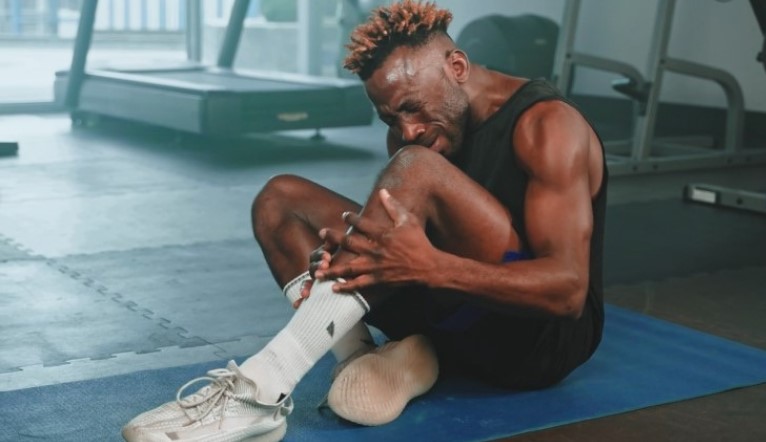Yes, you can sue a gym if you are injured during a workout—but whether you will win, and how much you might recover, depends on how you got hurt, what documents you signed, and if the gym (or its staff) failed in its legal duty to keep you reasonably safe.
Most gym injuries, whether from faulty equipment, poor maintenance, unsafe conditions, or a negligent trainer, fall under premises liability law or negligence law.
However, almost every gym requires you to sign a waiver when you join. These waivers are designed to shield gyms from lawsuits, but they are not bulletproof. The real question is not “can you sue?” but “will your case survive in court, and under what conditions?”
Table of Contents
ToggleWhen a Gym Might Be Legally Liable
| Common Gym Hazards | Legal Liability Possible? | Why It Matters |
| Broken equipment (e.g., cable snaps) | Yes, The gym | ym must inspect/repair; ignoring this is negligence |
| Slippery floors, leaks | Yes | The gym must keep the floors dry and warn about hazards |
| Inadequate supervision/training | Sometimes | Trainers must follow standards; gross errors can lead to liability |
| Unsafe environment (e.g., poor lighting, crowding) | Yes | Failure to fix obvious safety risks can result in responsibility |
| Injury from your misuse | Usually No | Using equipment incorrectly is generally at your own risk |
If your injury resulted from something the gym should have prevented—a faulty treadmill, loose weights falling from racks, wet floors with no warning signs, or a trainer pushing you unsafely—then you may have a valid case.
The gym must provide a reasonably safe environment, maintain equipment, and warn about dangers that aren’t obvious. If they cut corners, skip inspections, or ignore a reported hazard, you can often hold them accountable.
How Gym Waivers Work (and Their Limits)

Nearly all gyms require members to sign a liability waiver. This document says you understand the risks of working out and agree not to sue for “ordinary negligence” (basic mistakes or inherent risks). However, waivers cannot legally protect a gym from everything. Courts often refuse to enforce waivers if:
- The gym’s negligence was “gross” (extreme or reckless disregard for safety)
- The waiver was poorly written, hidden in fine print, or signed under pressure.
- The injury involved intentional harm or violation of laws (like building codes)
- The state’s laws limit or void liability waivers in the fitness context.s
So, if a trainer ignored your pleas to stop lifting more weight and you got injured, or if the gym knowingly left broken equipment in use, your case may bypass the waiver, especially if you can show gross negligence or willful misconduct.
What to Do After a Gym Injury
If you get hurt in a gym, how you act right away can affect your legal options later. Take these steps:
- Report the injury to gym staff and make sure it’s documented in their records.
- Take photos of the hazard (broken machine, wet floor, etc.) and your injuries.
- Get names/contact info of any witnesses.
- Seek immediate medical attention and keep copies of your records.
- Don’t sign any settlement or release forms from the gym without legal advice.
Legal Help After an Injury or Accident

If you’re unsure whether your case qualifies or if you feel pressured by a gym’s insurance or management, it’s smart to get legal help after an injury or accident. An experienced personal injury attorney can review the details, evaluate the waiver’s validity, and guide you on the next steps.
Many offer free consultations and work on contingency (meaning you only pay if you win or settle), so there’s no risk in asking. Attorneys can also help you gather evidence, handle communication with the gym or their insurer, and push for fair compensation for medical bills, lost wages, pain, or future rehab costs.
How Courts Decide Gym Injury Lawsuits
If your case makes it to court, a judge (or jury) will consider:
- Was the gym negligent in its maintenance or supervision?
- Was the hazard something the gym knew (or should have known) about?
- Was the injury caused by an obvious risk you accepted, or by something preventable?
- Did the waiver spell out the risks, or was it misleading or unfair?
Many cases settle before trial, but courts will often side with the injured party if they can prove the gym failed its basic safety duties and the waiver doesn’t cover that level of negligence.
State Law Differences

The way your injury claim plays out depends a lot on where you live, because state laws vary widely in how they handle gym liability waivers and personal injury cases. In some states, courts strictly enforce these waivers, making it extremely difficult to hold a gym responsible, even if you believe the gym was careless.
These states often view waivers as binding contracts—if you signed it, you’re usually out of luck unless you can prove gross negligence or intentional harm.
On the other hand, states like New York and California take a more consumer-friendly approach.
Courts in these states are more willing to scrutinize waivers, especially if the language is broad, confusing, or overly vague. If the injury happened due to something outside the ordinary risks of working out—like broken equipment, poor facility maintenance, or staff negligence—courts may allow your lawsuit to proceed even if you signed a waiver.
This means that the same accident could have very different outcomes depending on the state, so it’s critical to consult a local attorney who knows the specific laws and recent court decisions in your area.
Conclusion
Suing a gym for a workout injury is possible, but success depends on whether the gym failed its legal responsibilities, the strength of your evidence, and the wording of any waiver you signed. If your injury was caused by the gym’s careless actions or unsafe environment, you have a path forward, especially if you act quickly and seek legal advice. Never assume a waiver is the last word. When in doubt, consult a lawyer to protect your rights and maximize your recovery.
Related Posts:
- Top 400 Hilarious Gym Quotes to Keep You Motivated
- 25 Simple Running Motivation Tips To Get You Moving
- 80 Best Motivational Cross Country Running Quotes 2025
- Half Marathon Training Plan for Beginners - Simple…
- How Far Is a Half Marathon? Everything You Need to Know
- How Long Does It Take to Train for a Half Marathon?







